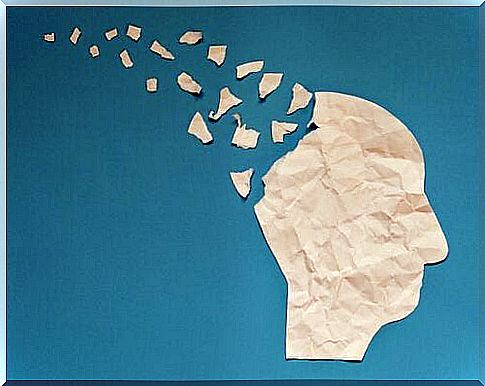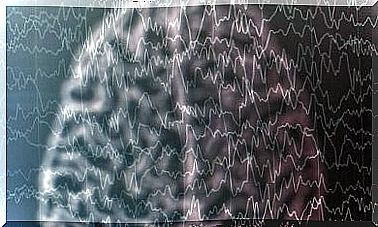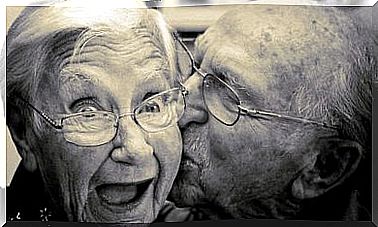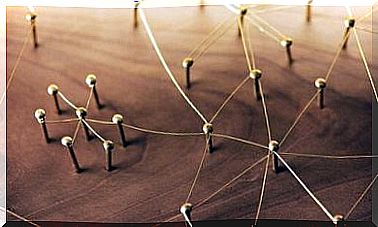Acquired Brain Injury From A Neuropsychological Point Of View

Acquired brain injury is damage to the brain after birth. This can arise, among other things, as part of a traumatic brain injury, for example in a car accident, but also as a result of a brain tumor or stroke.
The most significant consequence of an acquired brain injury is the loss of previously developed brain functions. These functions may involve the motor and sensory systems, cognitive functions, communication skills, and the ability to regulate behavior and emotions.
In general, a common characteristic of acquired brain injury is the loss of functional independence, a disability for the patient. This also puts a strain on their immediate surroundings through additional responsibilities and stress.
Neuropsychology and Acquired Brain Injury
Three basic tools or strategies are used in the neuropsychological rehabilitation of patients with acquired brain injury:
- Restitution or recovery : by stimulating or exercising the affected function
- Compensation : by using other preserved cognitive functions to perform the task originally performed by the injured brain region
- Substitution : refers to the use of tools or external mechanisms to develop the task effectively
The main goal of these three classic strategies is to enable the patient to resume their daily activities as productively and satisfactorily as possible.
Which cognitive functions may be impaired after an acquired brain injury?
Higher brain functions such as reason, memory or attention are essential for people to lead an independent life. We use our cognitive functions every day, always, at every moment. Our brains use various cognitive skills to cook food, drive a car, or go to a meeting. It does this by activating different parts of the hemispheres to a greater or lesser extent.
Here are the basic cognitive functions:
- Orientation : It enables us to recognize ourselves and the context in which we are at a certain point in time. It is important to remember that there are three parameters that describe orientation: personal, spatial and temporal.
- Attention : Attention is the state of observation and alertness that enables us to become aware of what is happening in our environment. It is important to note the five different processes within this role: selective attention, sustained attention, divided attention, processing speed, and hemispatial neglect.
- Executive functions : These are complex mental activities that are used to plan, organize, guide, review and evaluate the required behavior so that we can adapt to our surroundings and achieve our goals. Within the executive functions we find working memory, planning ability and flexibility, among other things.
- Language : There are several language processes that can profoundly affect an acquired brain injury, such as vocabulary, expression, and understanding.
- Memory : Memory is the seat of our ability to encode, store and, if necessary, access information that has already been learned or an experienced event. We can distinguish between episodic memory, semantic memory, and procedural memory.
Behavior modification and psychotherapy are also important for acquired brain injuries
In the process of neuropsychological rehabilitation, various clinical-psychological techniques are used to promote the patient’s recovery:
- Behavioral therapy or behavior modification: These include classical conditioning, operant conditioning, and vicarious learning. Their goal is to analyze and process stimuli and reactions in order to improve the corresponding behavior and to eliminate mismatches. Psychologists use these techniques to reverse behavioral changes such as aggressiveness, irritability, disinhibition, and other undesirable behaviors.
- Cognitive behavioral therapy: This technique is based on the idea that the way an individual perceives and interprets different experiences actually determines his or her behavior and emotions. Cognitive restructuring tries to reshape this perception in order to steer behavior and emotions in healthier paths.
- Psychotherapy : It includes interpersonal interventions that focus on the psychological aspects that follow a brain injury, emotional and personality changes, or changes in self-awareness.
These procedures have been shown to be effective in various patients affected by acquired brain injury. In summary, practitioners view neuropsychological rehabilitation as a useful tool for improving basic cognitive function and general brain health in patients with acquired brain injury.









